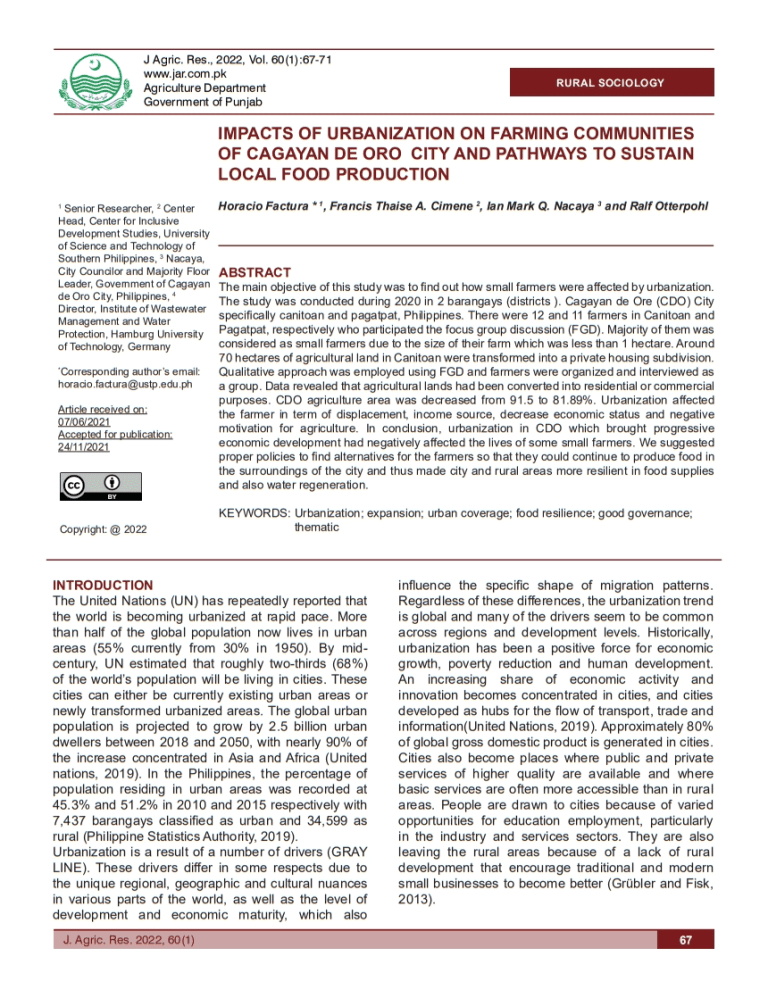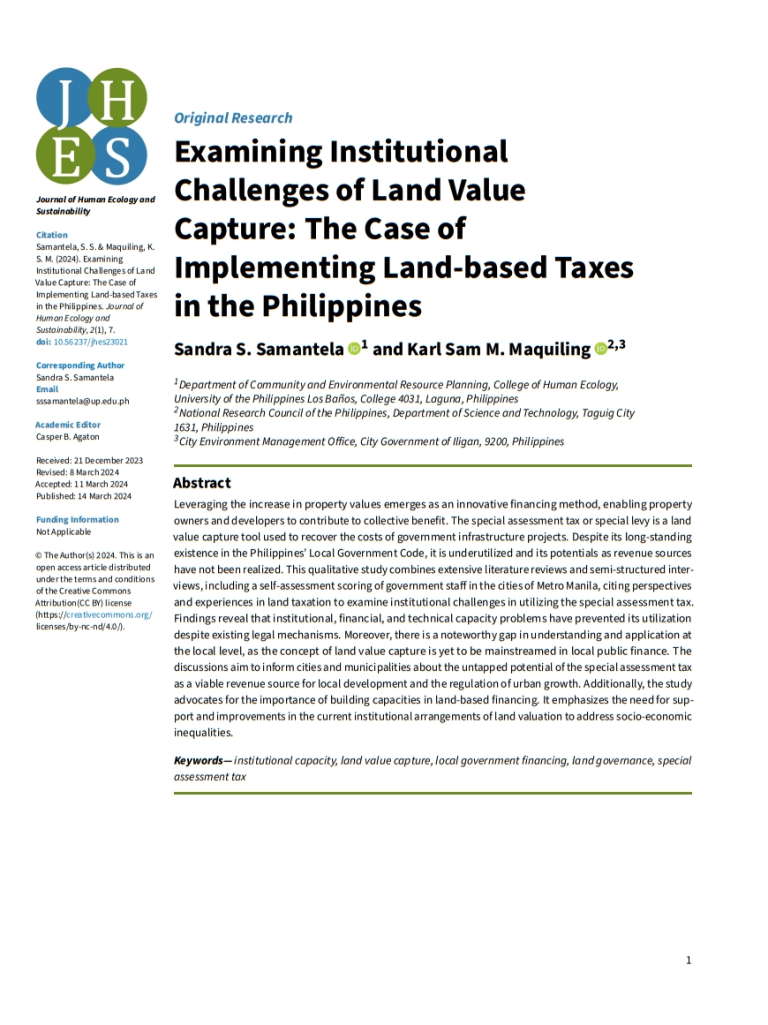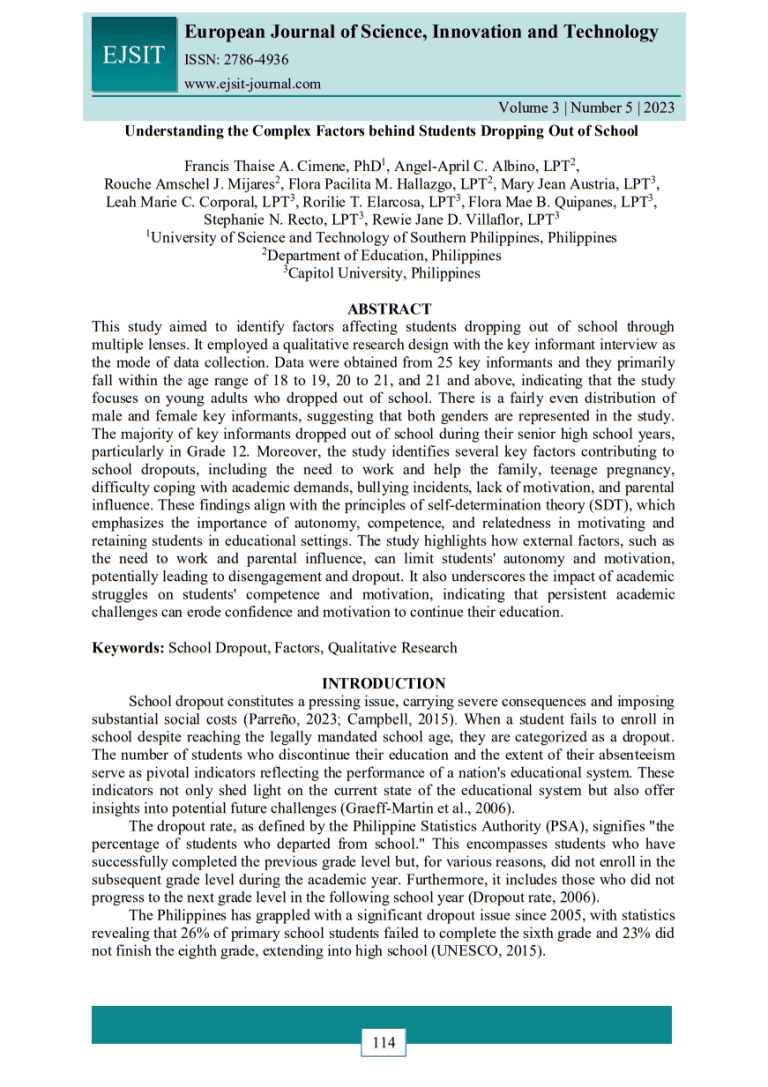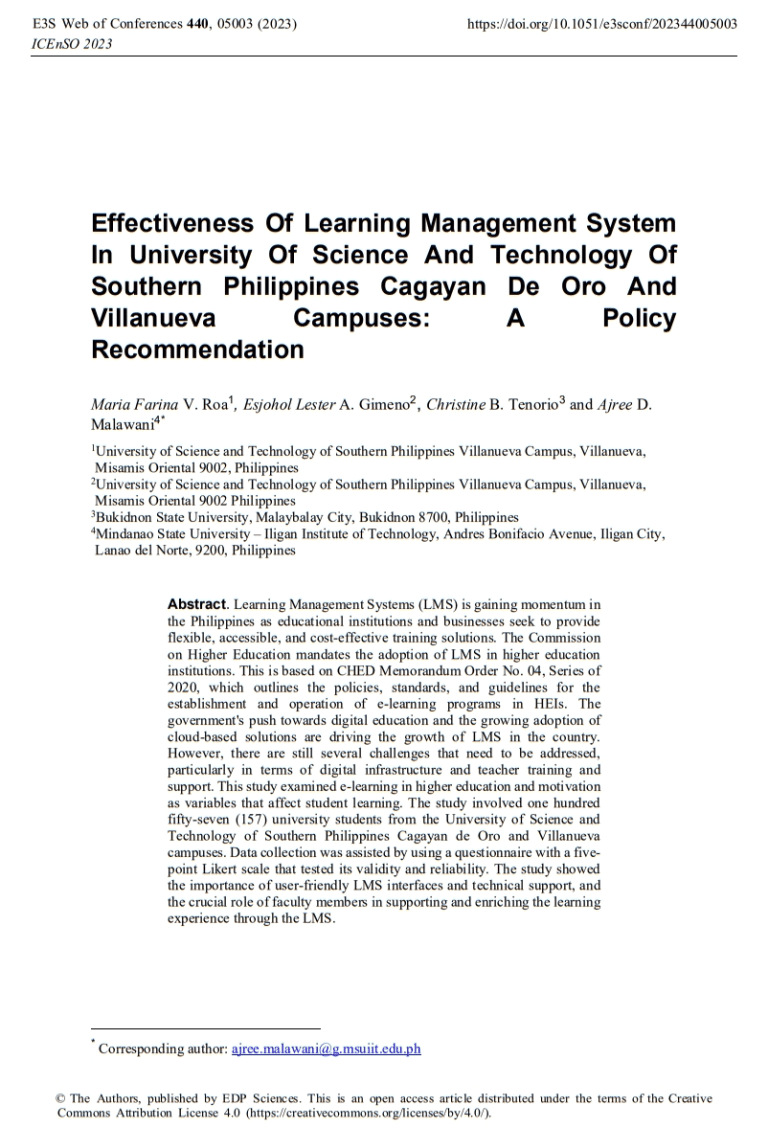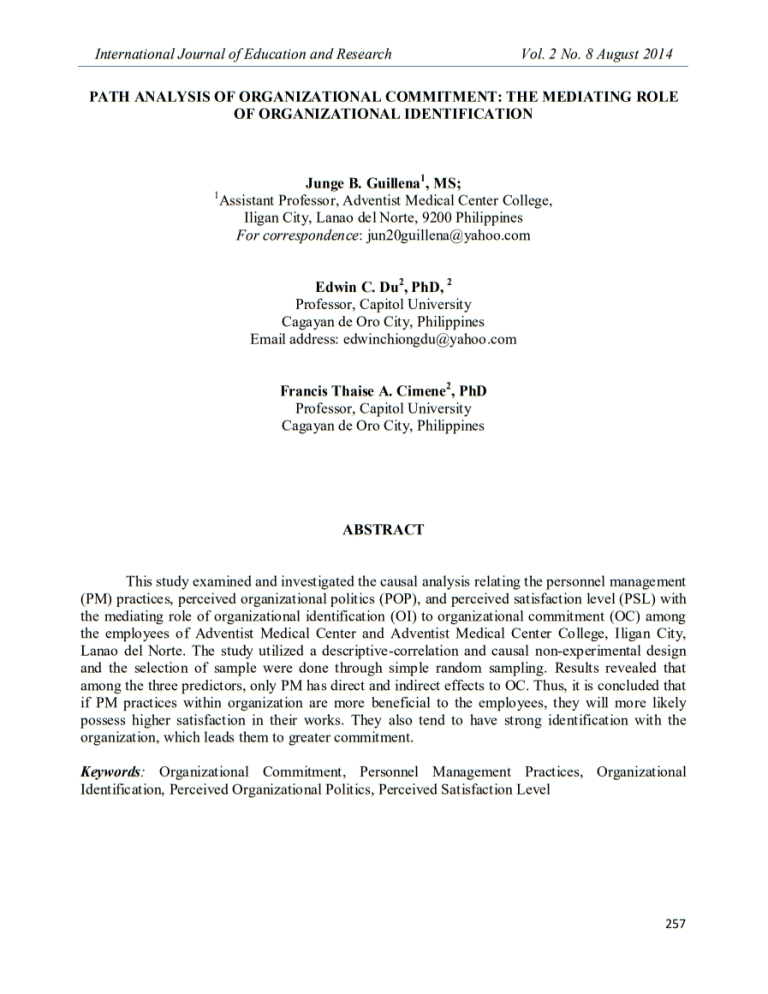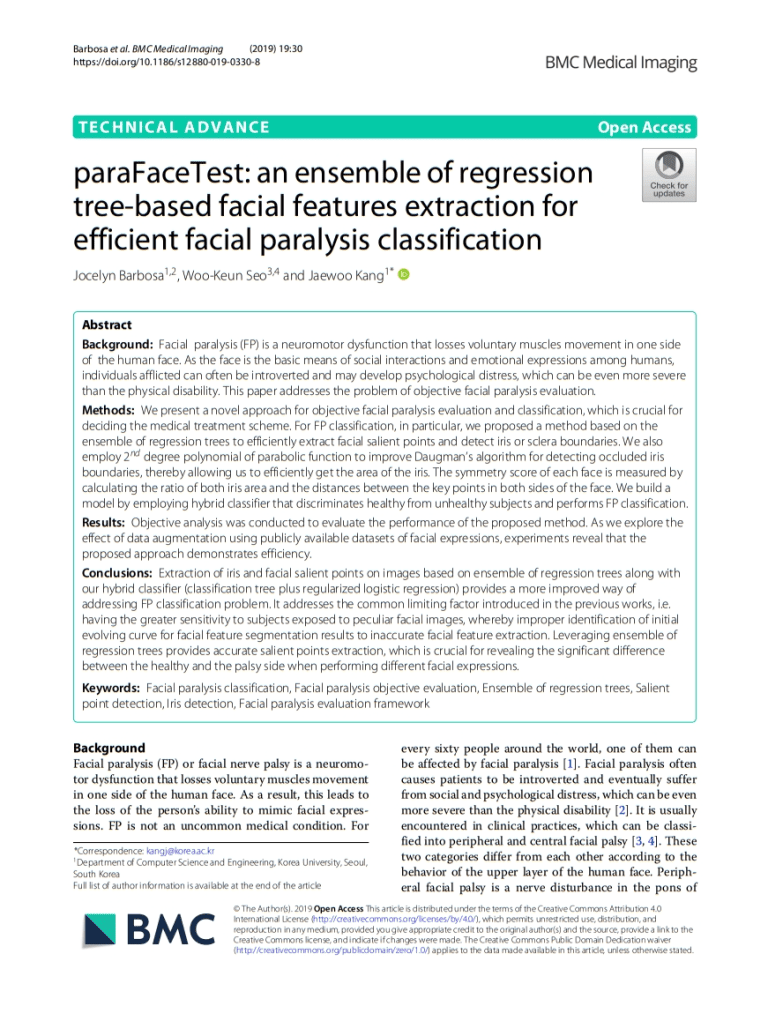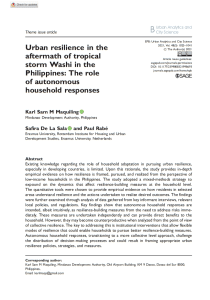

Published: Mar 10, 2021 | Updated: May 02, 2024
Urban resilience in the aftermath of tropical storm Washi in the Philippines: The role of autonomous household responses
Authors: Karl Sam Maquiling Safira De La Sala and Paul Rabé measures, strategies, urban coverage, urban resilience policies, urbanizationAbstract
Existing knowledge regarding the role of household adaptation in pursuing urban resilience, especially in developing countries, is limited. Upon this rationale, the study provides in-depth empirical evidence on how resilience is framed, pursued, and realized from the perspective of low-income households in the Philippines. The study adopted a mixed-methods strategy to expound on the dynamics that affect resilience-building measures at the household level. The quantitative tools were chosen to provide empirical evidence on how residents in selected areas understand resilience and the actions undertaken to realize desired outcomes. The findings were further examined through analysis of data gathered from key informant interviews, relevant local policies, and regulations. Key findings show that autonomous household responses are intended, albeit intuitively, as resilience-building measures from the need to address risks immediately. These measures are undertaken independently and can provide direct benefits to the household. However, they may become counterproductive when analyzed from the point of view of collective resilience. The key to addressing this is institutional interventions that allow flexible modes of resilience that could enable households to pursue better resilience-building measures. Autonomous household responses, transitioning to a more collective level approach, challenge the distribution of decision-making processes and could result in framing appropriate urban resilience policies, strategies, and measures.



